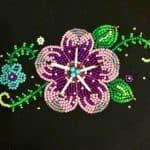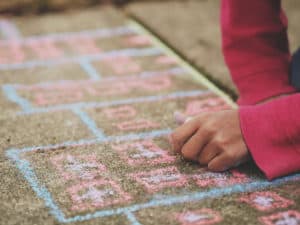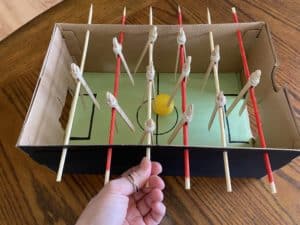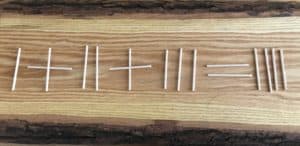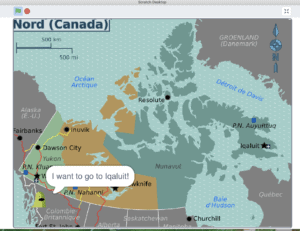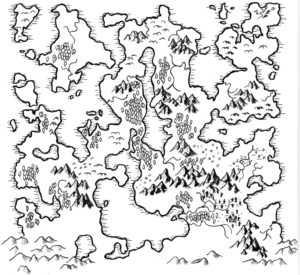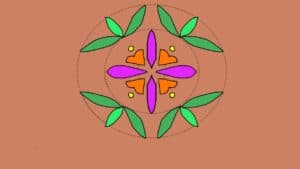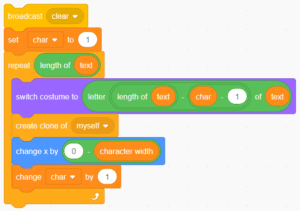Date: May 14, 2020
About the author
Pinnguaq Association, a not-for-profit organization, incorporates STEAM (Science, Technology, Engineering, Arts, Math) into unique learning applications that promote storytelling, health, wellness and growth with rural and remote communities. At its core, Pinnguaq embraces diversity and creates opportunities in order to empower all people.
 Art & Design, Computer Fundamentals, Digital Storytelling, Game Design
Art & Design, Computer Fundamentals, Digital Storytelling, Game Design
Tutorial
Photo of Métis Beadwork in top right provided generously by the 4 Sisters Metis Beadwork
Welcome to Pinnguaq at Home for the week of May 18. This week, continue to explore STEAM lessons and activities surrounding the environment.
Kids can take part in hopscotch outdoors and learn how to construct their own foosball table. Older students can learn to develop game narratives, create a game in Scratch and manage Scratch sprites and custom blocks. Interested in learning techniques for digital art creation? Check out our tutorial on art symmetry using Autodesk SketchBook.
We want to see the awesome things you’re creating! Share your work with us online by tagging @pinnguaq on Facebook, Twitter or Instagram . Don’t forget to include the hashtag #LearnWithPinnguaq! You can also send us your work by email at media@pinnguaq.com.
This Week’s Content
 Grade 1 – Grade 3
Grade 1 – Grade 3
This unplugged activity is an outdoor activity that is geared towards a younger audience and focuses on algorithms. Learners will further explore algorithms and how they are used in our daily routines. Learners will design their own algorithms that will be used to guide people across a hopscotch court.
 Grade 1 – Grade 3
Grade 1 – Grade 3
This maker activity explores game design and STEAM education. You will design, create and build a foosball table top game using recycled materials and other materials.
 Grade 3 – Grade 12
Grade 3 – Grade 12
Use your problem solving and critical thinking skills to solve these visual brain teasers using sticks.
 Grade 7 – Grade 12
Grade 7 – Grade 12
Scratch Mix and Match Cards Challenge #2 Learn how to make your own game with the Scratch Mix and Match Cards. Accept the challenge and make a game or story with the cards for this challenge!
 Middle – Grade 12
Middle – Grade 12
This tutorial will take a detailed look at the first 3 steps involved in creating a video game narrative and provide the learner with more direction to get started on writing their own narrative.
 Primary – Grade 6
Primary – Grade 6
We will use symmetry to make mathematical designs inspired by beadwork and floral motifs. We will be using the digital art software Autodesk SketchBook.
 Middle – Grade 12
Middle – Grade 12
In this tutorial, you will learn to create an updatable number readout using custom numbers in Scratch, through learning to manage Scratch clones as well as through using Scratch’s custom block (“My Blocks) feature.
